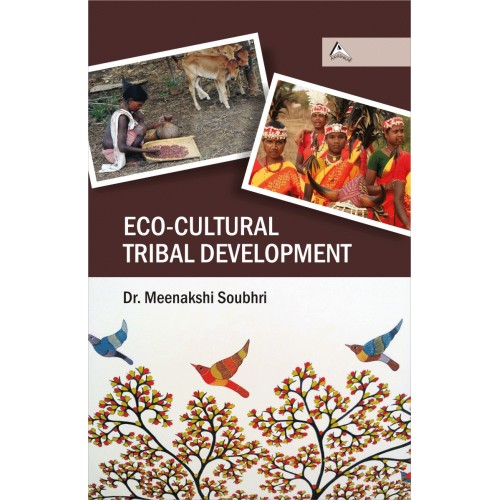Eco-Cultural Tribal Development
The tribal population is an integrated part of the biodiversity of the forest since ages. A large number of ethnic aboriginal tribes are there who live in and around forests in India. The tribes of India inhabitat different types of ecological setting and have adapted to these natural environments totally and completely.
A culture - based development strategy for tribal enables new knowledge, skills, and attitudes to be most effectively and efficiently introduced within the frame-work of existing cultural patterns, institutions, values and human resources. Culture is a living entity, and to survive, it must not only functionally adapt for changing conditions but can indeed be at the vanguard of such change. A bridge is needed between development agents and tribal people to facilitate the transfer of information, skills and attitude-sets relevant to tribal development.
Most of the rehabilitation schemes for the tribes have failed to yield desired results because of the cultural factors - some apparent, other subtle, but all critical to the absorption of the development programmes.
The understanding of the culture phenomena and their integration for tribal development programme is indispensable. The tribal culture should be-viewed as a foundation rather than as a barrier to change. The relationship between culture and development goes very smoothly for the progress of tribes. Thus, taking into cultural dimension of tribal development not only means adding a spiritual dimension but also to include a dual reflection on both the logic of development and cultural progress of tribes.
| Common | |
| Author | Meenakshi Soubhri |
| Binding | Hard Bound |
| Edition | 1 |
| ISBN | 978-81-7910-518-4 |
| Language | English |





















































